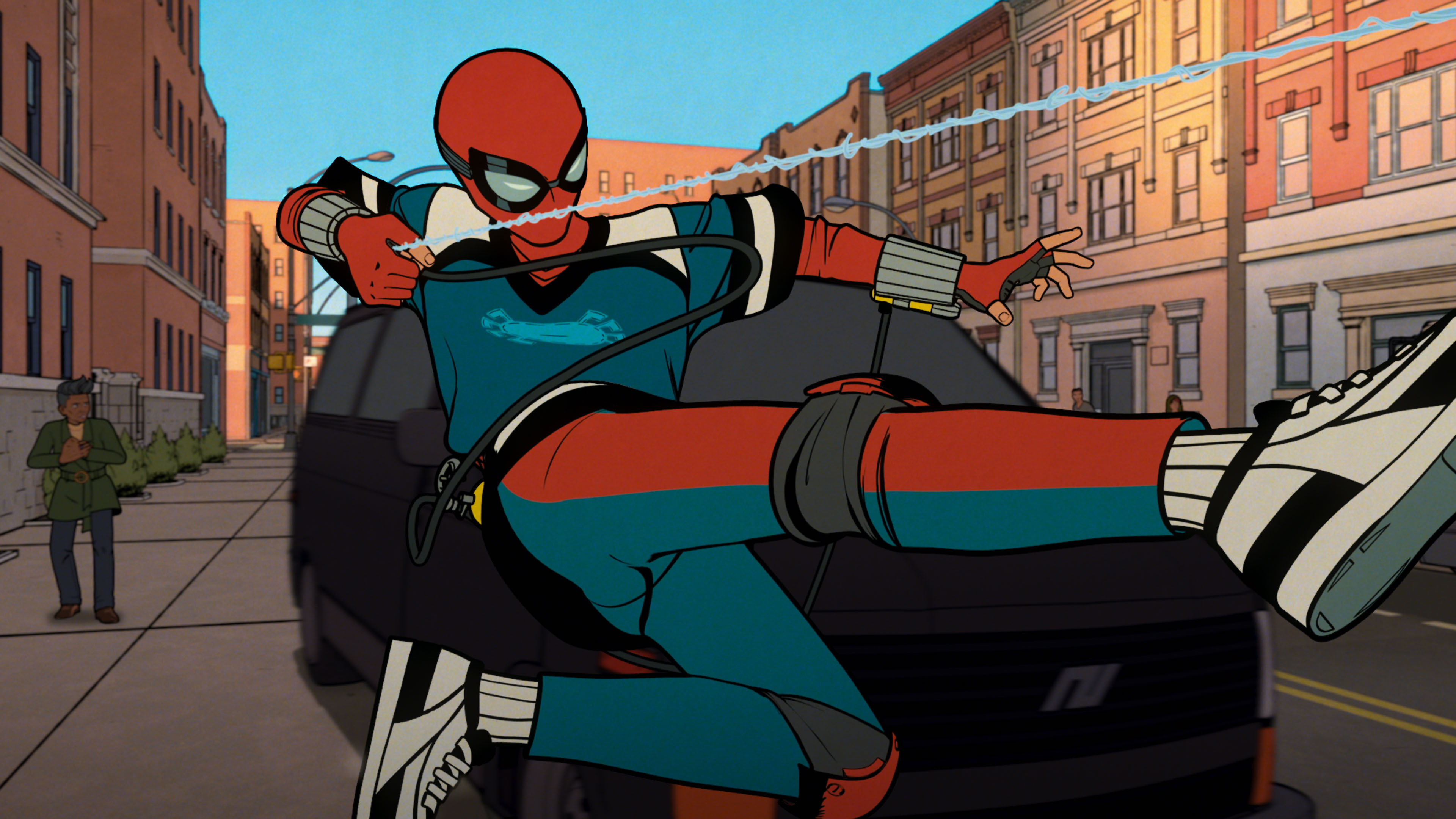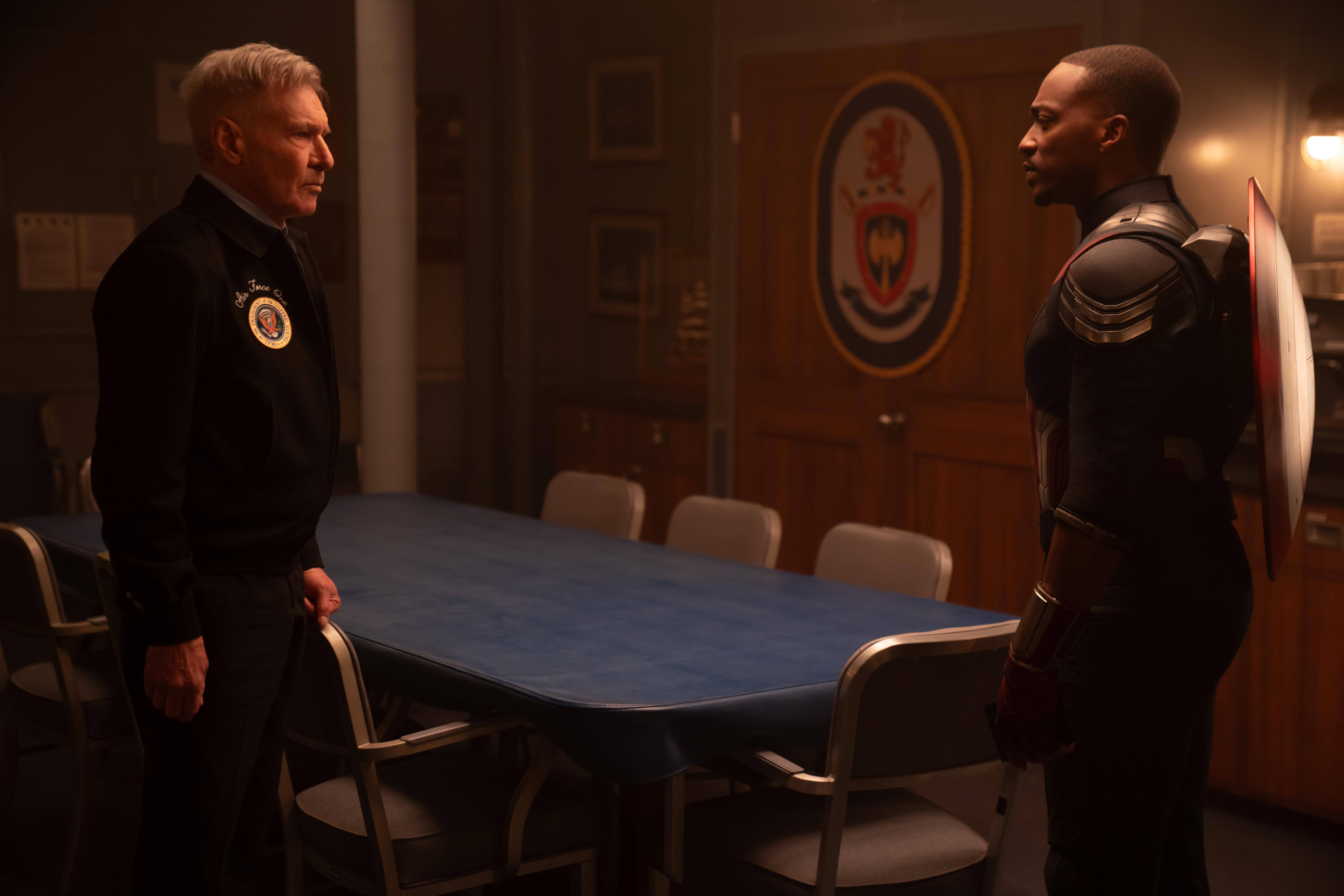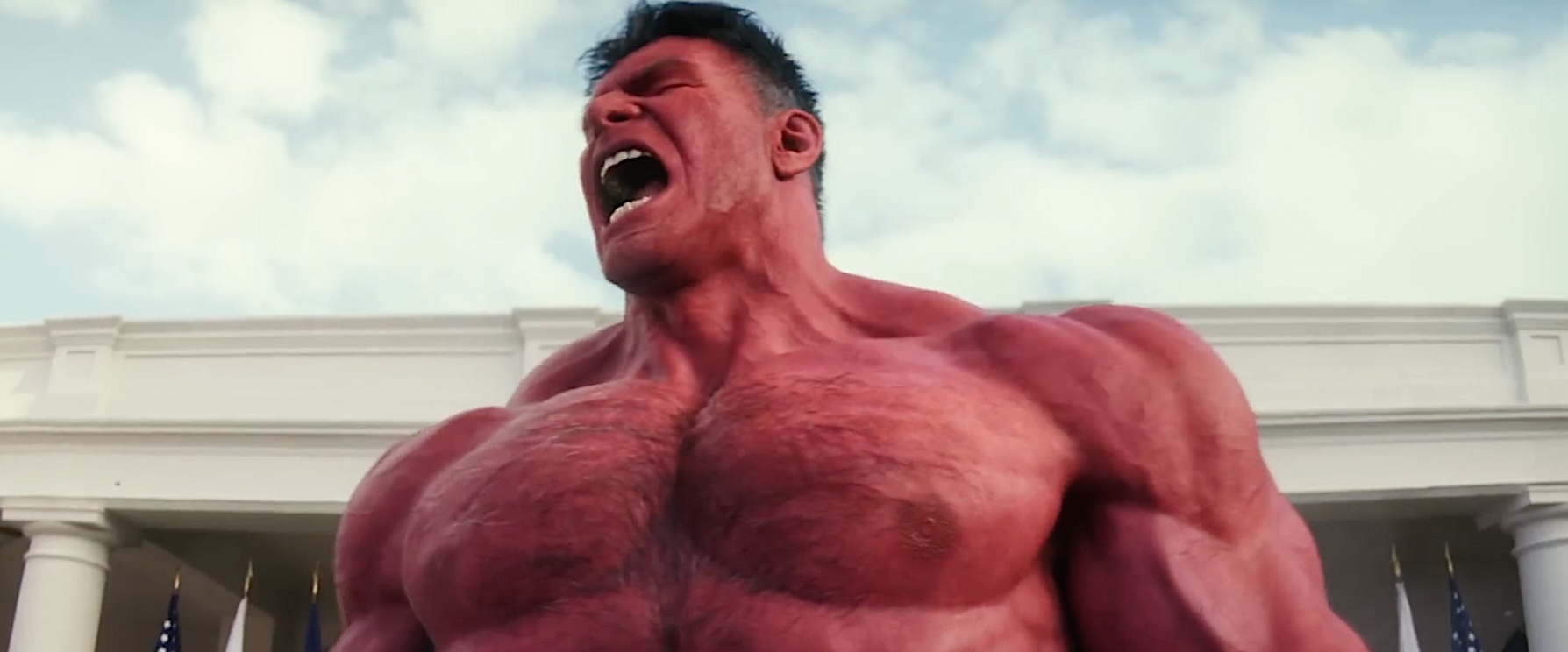Until my early 20s, I believed I was a “normal” sex-haver. I assumed any guilt or repulsion I felt after intimacy was a universal experience. It wasn’t until a year ago that, after hearing me mention that I had repeatedly dissociated after kissing various Tinder dates, my friend said: “You know what asexuality is, right?” I stuttered, offended; of course I knew what it meant, but only in that “jock calling the nerd asexual because he won’t ever get laid” way. She called my bluff and showed me a video from an asexual YouTuber who echoed many of my secret opinions about dating and intimacy. This set me on the path to find as many video essays about asexuality as possible, which explained that I wasn’t broken or in need of the “right person”; my love would just come from somewhere besides sex. Any blueprints for where I might find it or what that love might be instead were a mystery, as I quickly found that asexual representation in media is an absolute travesty.
There’s no easy way to show an identity based around the lack of something rather than its presence, but when you start throwing out SpongeBob as my LGBTQIA+ rep, I know it’s not a serious conversation. Good asexual (aka ace) characters do exist — Bojack Horseman’s resident goofball Todd Chavez is beloved by many for his swagless slacker schemes — but most rely on negative stereotypes that perpetuate the myth of inhumanity among those who don’t build their love lives around sex.
Asexual people in media are represented as dispassionate outcasts who avoid close relationships; they are cold and calculating celibates (like Sherlock Holmes), or they force sex upon themselves to fix their perceived inadequacies (like Olivia from whatever the hell The Olivia Experiment was trying to be). Asexual representation isn’t nearly as prevalent in media as gay, lesbian, or bisexual rep, but three of Netflix’s biggest teenage shows of 2023 — Sex Education, Heartstopper, and Everything Now — featured aces as core characters with storylines dedicated to understanding their identities. Much like their queer antecedents who introduced the general public to non-cis, non-hetero ways of life, these ace characters have to come out and explain themselves. Despite good intentions, it’s hard for each character to not read as a first attempt.
Sex is everywhere in our society, especially during high school, when hormones rage, emotions deepen, and the world cracks open like a spoiled fruit. Putting those primal feelings into words is hard, but that hasn’t stopped Sex Education from highlighting as many sexual identities as possible, including a brief storyline in season 2 in which theater kid Florence (Mirren Mack) recognizes her own asexuality. In a conversation with sex therapist Jean (Gillian Anderson), Florence voices her discontent with social pressures to date and hook up, poignantly stating that she’s “surrounded by a feast” but isn’t hungry. As soon as Florence accepts her ace identity, the series moves on from her; Florence’s sexlessness was a problem to be voiced but not an orientation to be explored.
:no_upscale()/cdn.vox-cdn.com/uploads/chorus_asset/file/25181852/SE_408_Unit_00204_RT.jpg)
It wasn’t until the final season this year that the show’s creators went all in on asexuality with Sarah “O” Owen (Thaddea Graham), a woman of color and sex therapist at Cavendish. O acts as a rival and antagonist to series protagonist Otis (Asa Butterfield); so much of the season revolves around Otis’ attempts to reclaim his place as the sole sex therapist on campus. During their bizarre election where students vote for who they most trust to therapize their sexual dilemmas, Otis tries to prove that O is untrustworthy and unreliable by revealing that she ghosted several former partners. To save her reputation, O comes out as asexual and says she ghosted partners because she didn’t know how to talk about it yet — although given all the scheming and scratching she had pulled over the course of the season, you’d be forgiven for thinking her coming out might be a ploy for sympathy. I did.
This misunderstanding became a prevalent enough internet discourse that Yasmin Benoit — an ace activist and woman of color who served as a script consultant for the season — took to X (formerly Twitter) to reveal multiple scenes and lines were changed or cut that addressed both the racial bias and acephobia that O faces throughout the season. Without this additional context, I found it difficult to be as offended as I should have been when Otis accused her of using asexuality as a way to tarnish his image. The show instead portrays O spending most of the season trying to maintain her pristine image, all the way down to her slick influencer branding. This emphasis on her insincerity sometimes obscures how terrible it is that Otis attempts to claim her space and ruin her life.
It isn’t until episode 7 that her backstory dump — which delves into how her schoolmates singled her out for her race and Northern Irish accent, how she felt abnormal because she didn’t have crushes or intimate fantasies, how she felt safe in her sex clinic but felt if she ever told the truth no one would trust her because “who wants to have sex advice from someone who doesn’t have sex?” — finally brings her closer to the character Benoit seemingly set out to create. For me, the damage was already done: O remains a messy, calculating, and isolated asexual, rather than being the thoughtful representation the ace community deserves.
The final season of Sex Education is a mixed bag, but it tries to create a three-dimensional ace character; Heartstopper felt content to stop at character. The show’s second season does a lot to darken its light and fluffy image: It tackles biphobia, abusive parents, and disordered eating. But it never quite knows what to do with Isaac (Tobie Donovan). The laconic bookworm finds himself courted by James (Bradley Riches), and their awkward flirtations are drawn out for most of the season until they finally kiss in a Parisian hotel’s hallway. Isaac seems repelled by the intimacy and is sent into a spiral — though we don’t see it. Isaac’s explanation to James in the following episode is familiar to asexuals: He has never had a crush on someone and hoped that maybe James would be different. But he wasn’t.
:no_upscale()/cdn.vox-cdn.com/uploads/chorus_asset/file/25181869/Heartstopper_S02_Image26.jpg)
When his friends cajole him for details about the kiss, Isaac snaps, yelling that he knows they don’t find his life interesting with its lack of romantic drama. It’s a sentiment shared by series creator Alice Oseman herself, who identifies as aromantic and asexual (aroace) and in an interview with The Guardian stated, “The world is obsessed with sex and romance. And if you don’t have that, you feel like you haven’t achieved something that’s really important.” In her novel Loveless, she tries to explore narratives where romance and sex aren’t the main focus with aroace protagonist Georgia. But where Georgia has 400-plus pages to grow and change, Isaac’s character can only come out in bits and spurts around the central romance between Nick (Kit Connor) and Charlie (Joe Locke). We never get to know his personality or desires, so Isaac’s frustration with his friends seemingly comes from nowhere.
Literally two minutes after his outburst, Isaac meets an artist exhibiting a piece about their aroace identity, and everything they say resonates with him: the loneliness of existing in a world that prizes romance and sex when you don’t feel those attractions, the confusion that comes with feeling different without the words to describe it, the freedom of letting go of those external expectations and existing as yourself. Isaac immediately accepts himself as aroace. It’s a beautiful sentiment hamstrung by the fact that Isaac was just given the answers to his identity problems, no introspection necessary.
:no_upscale()/cdn.vox-cdn.com/uploads/chorus_asset/file/25181883/EverythingNow_Image_55.png)
By contrast, Everything Now is a show without easy answers; its depiction of disordered eating, substance abuse, sexual intimacy, and mental health struggles are important if not always easy to watch. While much of the series focuses on recovering anorexic Mia’s (Sophie Wilde) return to high school after a brief hospitalization, it was her friend Will (Noah Thomas) who captured my heart. Will is boisterous, confident, and fashionable, traits that he claims won the lusty affection of the cheesemonger at his workplace. Except the cheesemonger doesn’t know his name, and when “Cheese Guy” eventually does try to hook up with him, Will runs away. Will is embarrassed about his virginity and chooses to lean into the stereotype of the promiscuous gay man, as if cultivating the image of a sex-haver will absolve him from engaging in something that repulses him.
After a drunk Mia reveals his lie to a party full of their classmates, Will hides in the bathroom. He’s uncharacteristically quiet and embarrassed, compressing himself as tightly as possible into the bathtub. His sulking is interrupted by Theo (Robert Akodoto), a nice and popular schoolmate. Despite Will’s protestations, Theo stays and comforts him. Will echoes O and Isaac here: He feels broken for not wanting sex, and that something must be wrong with him. Theo suggests that maybe Will needs a connection to engage in romantic or sexual intimacy, and the next day the two kiss passionately and start dating. Although it’s never stated outright, Will’s requirement for emotional connection to precede intimacy is a sign that he’s demisexual, an even smaller sliver of the asexual pie that often goes unrepresented. Being in a relationship isn’t an easy adjustment for Will; he worries that Theo will eventually want sex or something more that he isn’t willing to give. The anxiety overwhelms Will and, despite Theo’s willingness to take things slow, he refuses to discuss his fear of intimacy and ultimately ends the relationship.
These Asexuality 101-esque narratives feel reminiscent of the early aughts, when queer characters were defined by their otherness in an effort to educate rather than represent. They’re the type of stories that I needed to hear growing up, stories that gently told me that I wasn’t broken while placing me on a path toward self-acceptance. After a year of research and introspection, however, their lack of nuance feels half-baked, especially in comparison to the three-dimensional queer characters who surround them. Asexuality is a complicated identity where multiple conflicting truths can coexist. Aces might feel little to no sexual attraction, but that doesn’t mean that we can’t date, fall in love, or even have sex if we so desire; seeking fulfillment through solely platonic relationships is equally valid, and, too often, narratively unexplored. O, Isaac, and Will hint at a future where we might see asexuality with all its complexity on our screens. Maybe by then, the universal feeling won’t be that we are broken. Maybe it will be that we are just a little different.








